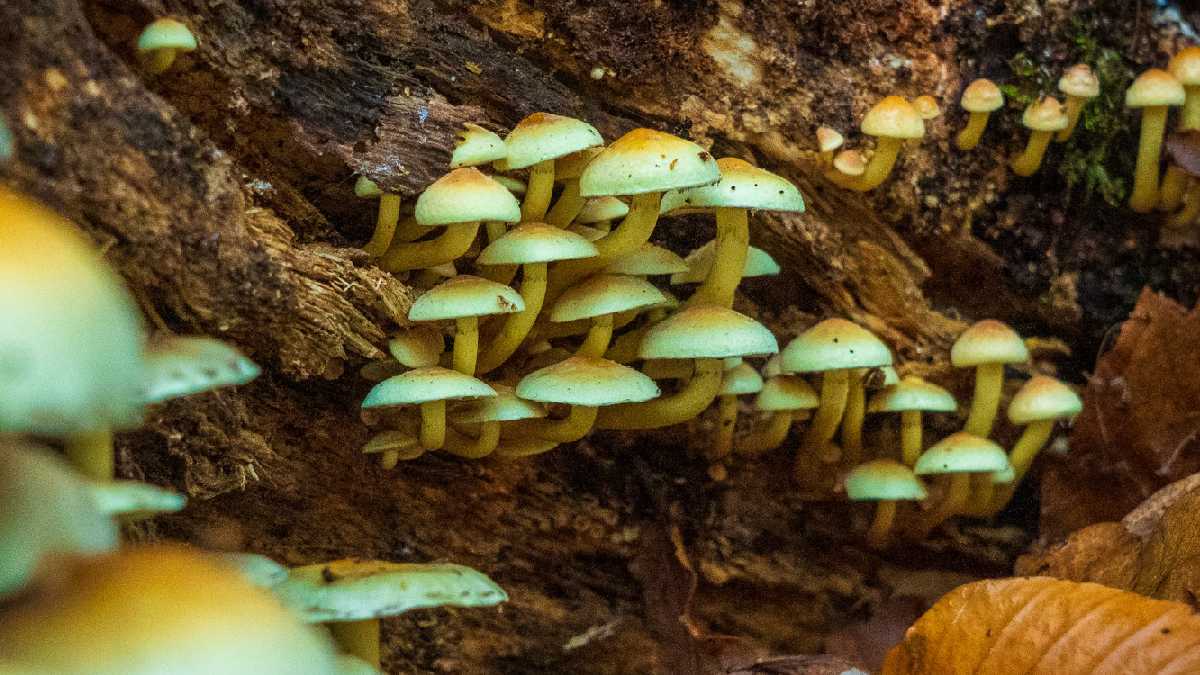
Can Psychedelics Restore Our Healthy Connection With Nature?
Psychologists examine therapeutic psychedelics as a treatment for biophobia, or fear of nature.

By Mark Travers, Ph.D. | March 28, 2022
A recent review article published in Health Psychology explores how the soothing properties of nature-based settings coupled with the therapeutic administration of psychedelics have the capacity to increase our relationship with nature as well as improve mental well-being.
"Therapeutic psychedelic administration and contact with nature have been associated with the same psychological mechanisms: decreased rumination, enhanced psychological connectedness, and heightened states of awe and transcendent experiences — all processes linked to improvements in mental health among clinical and healthy populations," say the authors of the research, led by Sam Gandy of the Centre for Psychedelic Research at Imperial College in London.
Despite its benefits, feeling connected with nature is on the decline on modern societies while fear of nature (biophobia) is on the rise.
"There are huge inequalities in access to natural settings and opportunities to connect with nature," says Gandy. "Overuse of electronic entertainment technology, particularly among the young, appears to be fanning the flames of nature disconnect. Biodiversity loss is also an issue, with the United Kingdom considered one of the most nature-depleted parts of the world."
A synthesis of existing research suggests that both therapeutic psychedelics and greater contact with nature can be effective in treating certain psychological disorders. For example, studies have found that engagement with nature can reduce stress and depression. Other studies suggest that psychedelics can help with major depression and existential anxiety resulting, for instance, from a terminal cancer diagnosis.
The researchers theorize that psychedelics and contact with nature improves psychological well-being via one's sense of connectedness. For instance, individuals who harbor strong feelings of disconnection or isolation are more likely to be diagnosed with eating disorders, bipolar personality disorder, and/or depression.
"Aside from their safety when used with care, psychedelic therapy is showing early promise in the treatment of otherwise intractable conditions such as major depression, existential anxiety, addiction, and PTSD," says Gandy. "Broadly speaking, existing mainstream treatments tend to fall short when it comes to treating these conditions."
The researchers go on to explain how administering psychedelics in a natural setting can benefit mental well-being due to its ability to elicit feelings of awe.
"The experience of awe encompasses encountering vastness that transcends one's current frame of reference," says Gandy. "It is tied to the feeling of experiencing something much greater than the self, with the identification of a 'small self.'"
A question for future research is how to combine the benefits of therapeutic psychedelics and contact with nature in a tractable way.
"Natural settings are inherently unpredictable and more uncontrolled than the much more tightly controlled and secure clinical setting," say Gandy. "In a clinical context, it isn't feasible to take people out into nature at this time. But that does not mean that elements of nature can't be brought into the clinical space when administering therapeutic psychedelics."
The researchers would also like to see more effort put into studying the effects of therapeutic psychedelics on sub-clinical and healthy populations.
"I think it would be good to see more work on psychedelics beyond the mental health treatment model alone — perhaps exploring their potential for influencing creativity and for the betterment of well people," says Gandy.
A full interview with Sam Gandy discussing his new research can be found here: How psychedelics can help with certain mental health issues
